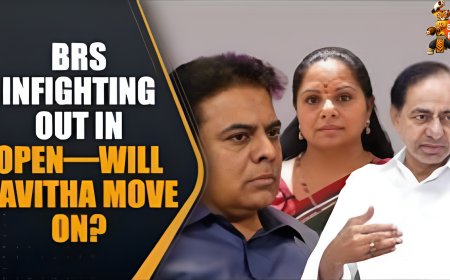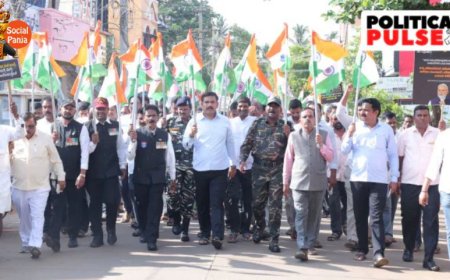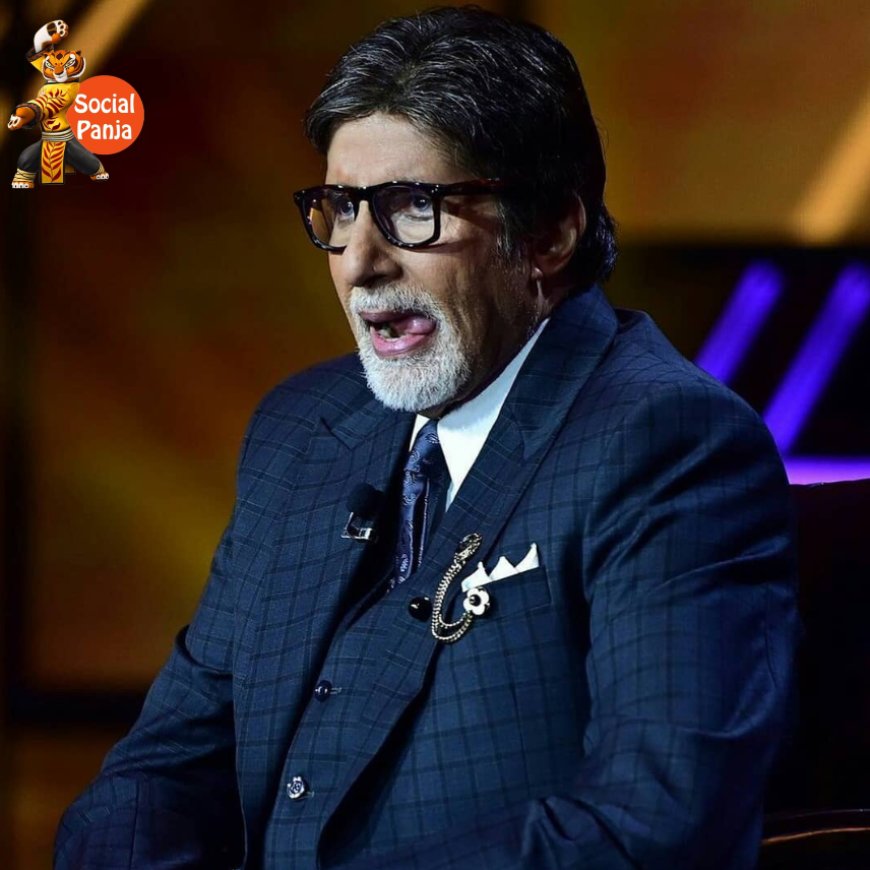Congress Hits Out at 27% US Tariff on Indian Trade
Congress criticizes the government over 27% US tariff, warning it could severely impact India’s foreign trade despite strong bilateral ties.

In a sharp political response, the Indian National Congress has criticized the central government over the recent announcement of a 27% tariff by the United States on certain Indian goods. The opposition party has raised serious concerns about the potential damage such a move could cause to India's foreign trade, despite the narrative of strengthening bilateral ties between the two nations.
Concerns Over Economic Impact
The Congress party stated that while the government continues to showcase India-US relations as being at their peak, the imposition of such steep tariffs tells a different story. According to party leaders, the 27% tariff could have dire consequences for Indian exporters, especially those in sectors like textiles, steel, pharmaceuticals, and agriculture — industries that heavily rely on the American market.
Trade vs. Ties: A Stark Contrast
Congress emphasized the contradiction in the government’s approach — maintaining a diplomatic front of “close ties” while failing to prevent trade policies that adversely affect Indian interests. The party questioned whether the Centre had taken adequate steps to negotiate or counter the move through diplomatic channels.
“Strong friendships must reflect in fair trade policies,” a Congress spokesperson noted, calling the tariff hike a “setback to Indian exporters” and a blow to the ‘Make in India’ initiative.
Government’s Silence Questioned
The opposition has also demanded that the government release a detailed response or action plan addressing how it intends to handle the economic fallout. With foreign trade playing a crucial role in the country's GDP, Congress urged the Centre to act swiftly to protect Indian businesses from facing losses.
Call for Policy Intervention
Congress leaders are calling for a transparent review of current trade negotiations and more assertive diplomacy. They argue that favorable trade terms must be a priority, especially when India is projected as a key strategic partner to the U.S.
The party also stressed the need for broader discussions in Parliament on how such international decisions affect domestic industries and employment.
Conclusion
While the Centre highlights its close ties with Washington, Congress has cast doubt on the effectiveness of these relations when it comes to protecting India's economic interests. As the 27% tariff looms large, all eyes are on how the government will respond — diplomatically and economically — to safeguard the nation’s foreign trade.
What's Your Reaction?

















































